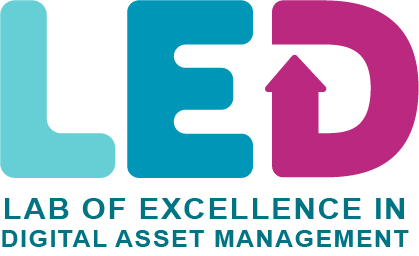ADVISORY BOARD FOUNDING MEMBER
DAVID H. LIPSEY
David H. Lipsey is well known as a Founder of the field of Digital Asset Management (DAM) and a consistent innovator in defining – and redefining DAM and its relationship to organizational strategy, rights, outreach and growth. David has worked internationally to create value from digital assets – and setting in place the organizational and strategic processes to achieve return on initiative as well as investment. David has been involved with the field of digital asset management (DAM) since its inception and is an international leader.
His particular focus on digital content spans the private and non-for-profit world, including The Library of Congress NDL project, The Getty, Sesame Workshop, The PBS NewsHour, The United States Institute for Peace (PeaceTech Lab), The United States Naval Institute, the American Society for Curriculum Development (ASCD), The National Board of Medical Examiners, WGBH (Boston), WNET (New York City), The National Gallery of Art, USOC / USA Swimming and many others. His insights gleaned from private sector experience with companies as diverse as General Motors, Hasbro, Quebecor, HBO, Corus Entertainment, Disney, Wildbrain, Sony, Ralph Lauren, Garmin, A+E, Comcast / NBCU, Random House, The New York Times, HarperCollins, and dozens more help to inform the value of DAM.
He is currently serving in his sixteenth year as Global Chair of the international DAM Conferences known as “The Art and Practice of Managing Digital Media”; along with Yonah Levenson, he co-founded and co-directs the Rutgers University Professional Certificate in DAM and was awarded the Rutgers Professional Program “Instructor of the Academic Year” in 2021. He was the founding President of the DAM Foundation and served as its Chair; he is a principal co-author of the widely used Digital Asset Management Capability Model, and a sought-after speaker in DAM. He maintains expert level knowledge of the field in general, the vendor community, and most of all – how to make DAM accelerate the organizational goals which it must support.

